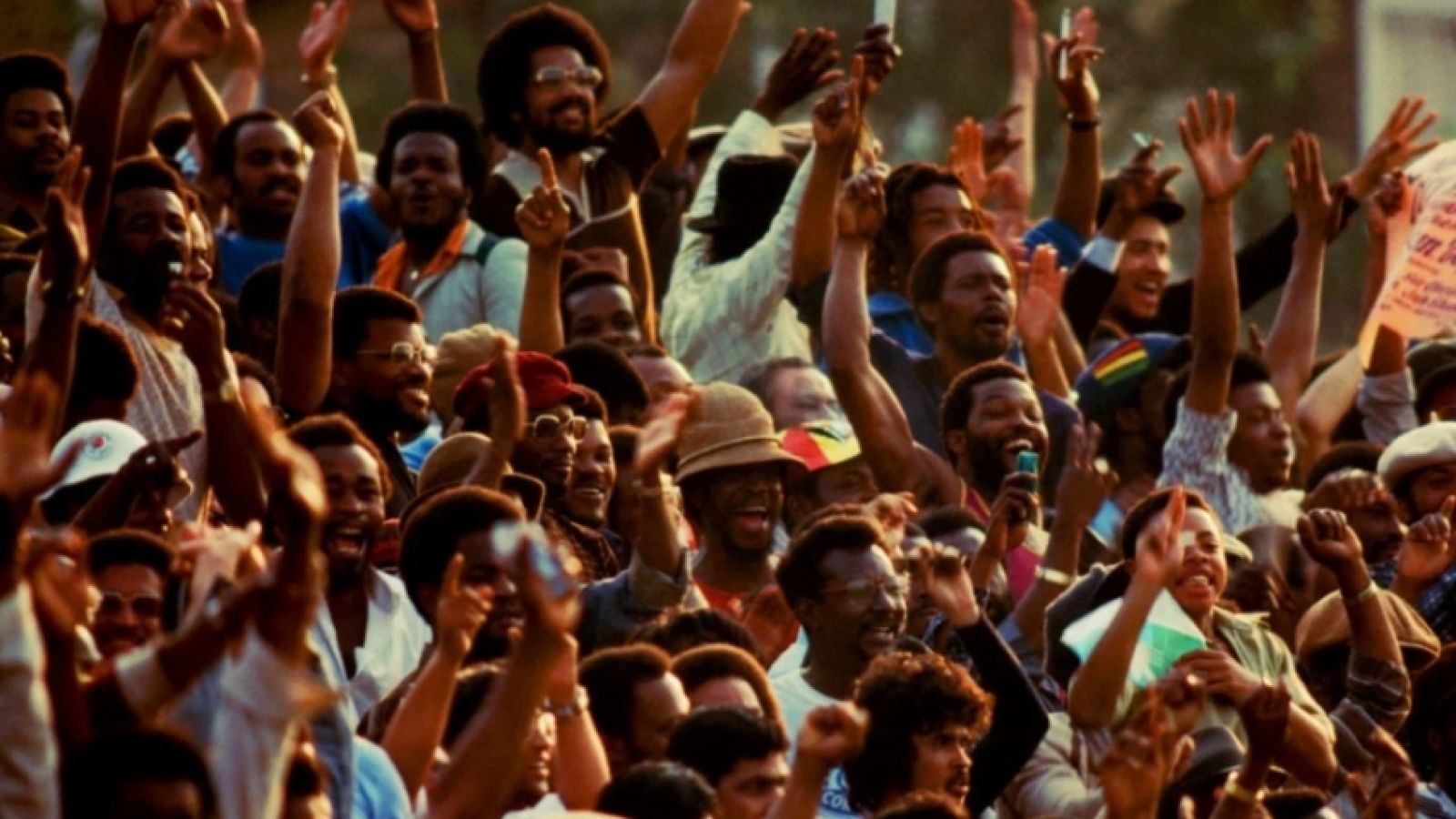
Cricket West Indies (CWI) has joined the growing list of sporting associations to voice support for ongoing protests in the United States and the overarching call for an end to racial inequality and injustice.
Both peaceful and violent protests have rocked the United States for the last eight days as many across the nation continue to remonstrate about the circumstances that led to the death of George Floyd an unarmed African American man.
Derek Chauvin, a Minneapolis cop, was filmed with his knee on the neck of the restrained and pleading Floyd who later went unconscious and was reported dead at the hospital. Several athletes, including West Indies cricket stars Darren Sammy and Chris Gayle, have joined those voices demanding justice and the organisation threw their support behind the pair and the movement.
“We join our cricketers, other cricket stakeholders, and all sportsmen, sportswomen, and sports administrators in speaking out against all forms of racism and inequality. We stand alongside all who are peacefully protesting and championing this cause,” the release read.
The West Indies, like the United States, has deep-rooted connections to slavery and colonialism. A part of the success of early West Indies cricket teams, who became the sport’s dominant force, was built on the fierce desire to prove themselves equal to colonizing powers and those who thought of themselves as racially superior.
“The people of the West Indies have fought many battles of our own on and off the field. We have been blessed to witness the prowess, determination, and leadership of our cricketing heroes who united the Caribbean and brought great success and pride to our people,” the release continued.
“Our cricketing heroes helped in large measure to pave the way for cricket and our West Indian societies to thrive at home, and generated enjoyment and dignity for the West Indian diaspora abroad while they faced their own experiences of inequality and injustice in their adopted home.”
LATEST STORIES
West Indies XI tour match against Pakistan Shaheens ends in stalemate
- 2025-01-12 08:51:45
- Hits 729
Former Windies bowler Kenneth Benjamin backs proposed two-tier test system
- 2025-01-12 15:16:25
- Hits 476
'I just have to stick to the basics': Windies spinner Jomel Warrican ready to play part in spin-friendly Pakistan
- 2025-01-14 17:17:06
- Hits 472
Windies U19 Women suffer heavy 79-run loss to New Zealand in warm-up match
- 2025-01-15 10:52:40
- Hits 268
CWI launches high-performance initiatives to accelerate player, coaching development
- 2025-01-15 15:02:01
- Hits 242
